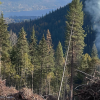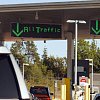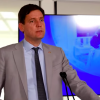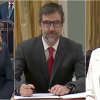The number of US nurses who can work in BC has increased quickly after the registration process was streamlined in early April.
Today, Premier David Eby spoke at a press conference on the progress made in the new initiative, which has transformed the process from an average of four months to a few days.
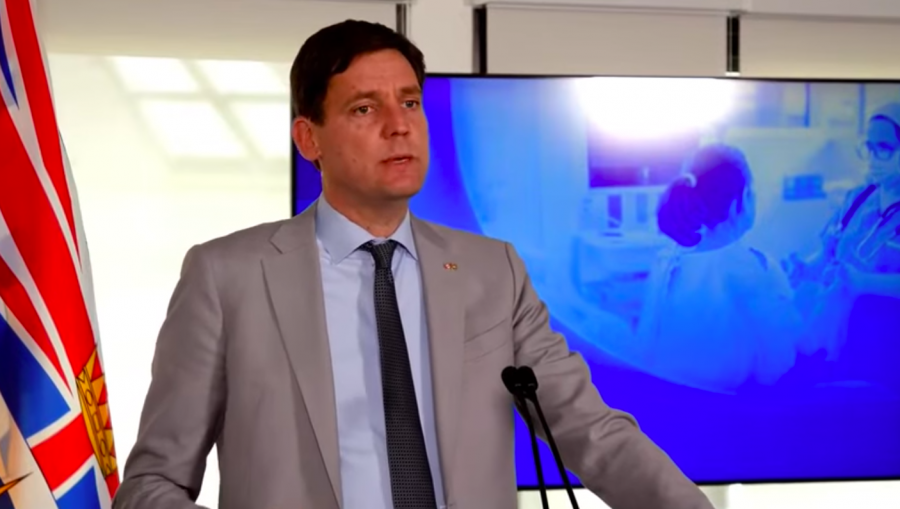
Since launching the new, streamlined process, applications from US-trained nurses have increased by 127%, according to the Province.
The BC College of Nurses and Midwives is leveraging common systems and exams to make the registration process more efficient. Nurses can now apply directly to the college without first going through a third-party assessment organization.
Eby said today that when it comes to US healthcare workers, “Trump’s loss is British Columbia’s gain,” and that a draw for some workers to come to BC is a difference in care, reproductive rights and politics.
“The uncertainty that's currently present in the United States related to the Trump administration presents a significant opportunity for British Columbia in an array of areas to recruit Americans, but particularly in the healthcare sector,” he said.
"American health-care professionals are increasingly drawn to BC as a place that supports science, protects reproductive rights and takes care of people no matter how much money they have in their bank account.”
"That's why I'm delighted to see that our new, fast-tracked credential recognition has cut registration time from months to just days and is bringing in new US nurses to strengthen our public health system and deliver better care for British Columbians, faster."
The Ministry of Health says that since announcing its co-ordinated recruitment campaign in March 2025, nearly 1,200 nurses, doctors and allied health professionals from the US have expressed an interest to come work in BC. This includes 573 physicians, 413 nurses, 133 nurse practitioners and 39 allied health professionals.
In early June, the Province will be launching a targeted US marketing campaign in parts of the country with the highest interest in moving to BC, including the states of Washington and Oregon and select cities in California.
Eby also spoke about the attraction of the province to American healthcare workers.
He said that having “known anti-vaxxer,” Robert F. Kennedy Jr., who is the United States Secretary of Health and Human Services, helps fuel people’s desire to work in a place like BC.
“You can really see the impact of those political decisions on the decision to want to look to work somewhere else even if you're coming from a blue state because the whole country is impacted by this,” Eby added. “And I would say too, it underlines the risk of the conservative approach here in British Columbia to healthcare.”
Eby said that MLA Anna Kindy, BC health critic, “praised” Kennedy at an event recently.
“When you have MLAs that are consorting with and promoting anti-choice groups in the Legislative Assembly, when you are suggesting that our public health official, Bonnie Henry, should be put on a Nuremberg-style trial, these kinds of decisions have consequences in terms of the ability to attract and retain healthcare professionals,” he added.
“We are a welcoming place for healthcare professionals to work. And for those who want to take us down the path of the US, specifically these conservative MLAs and the leader of that party, John Rustad, they really need to think twice about what that means about the level of care we'll be able to offer here.”
Conservative MLA Brennan Day recently said in an interview with NowMedia that temporary emergency room closures at hospitals in small communities such as Lillooet, Merritt and Oliver signify a "crisis" in our healthcare system.
Day says that the Province deflects questions about the issue, and that we are "no closer to any solution."
"People don't move to communities with a health crisis," he said. "So, it's also an economic and social issue. It's a concerning long-term trend."











